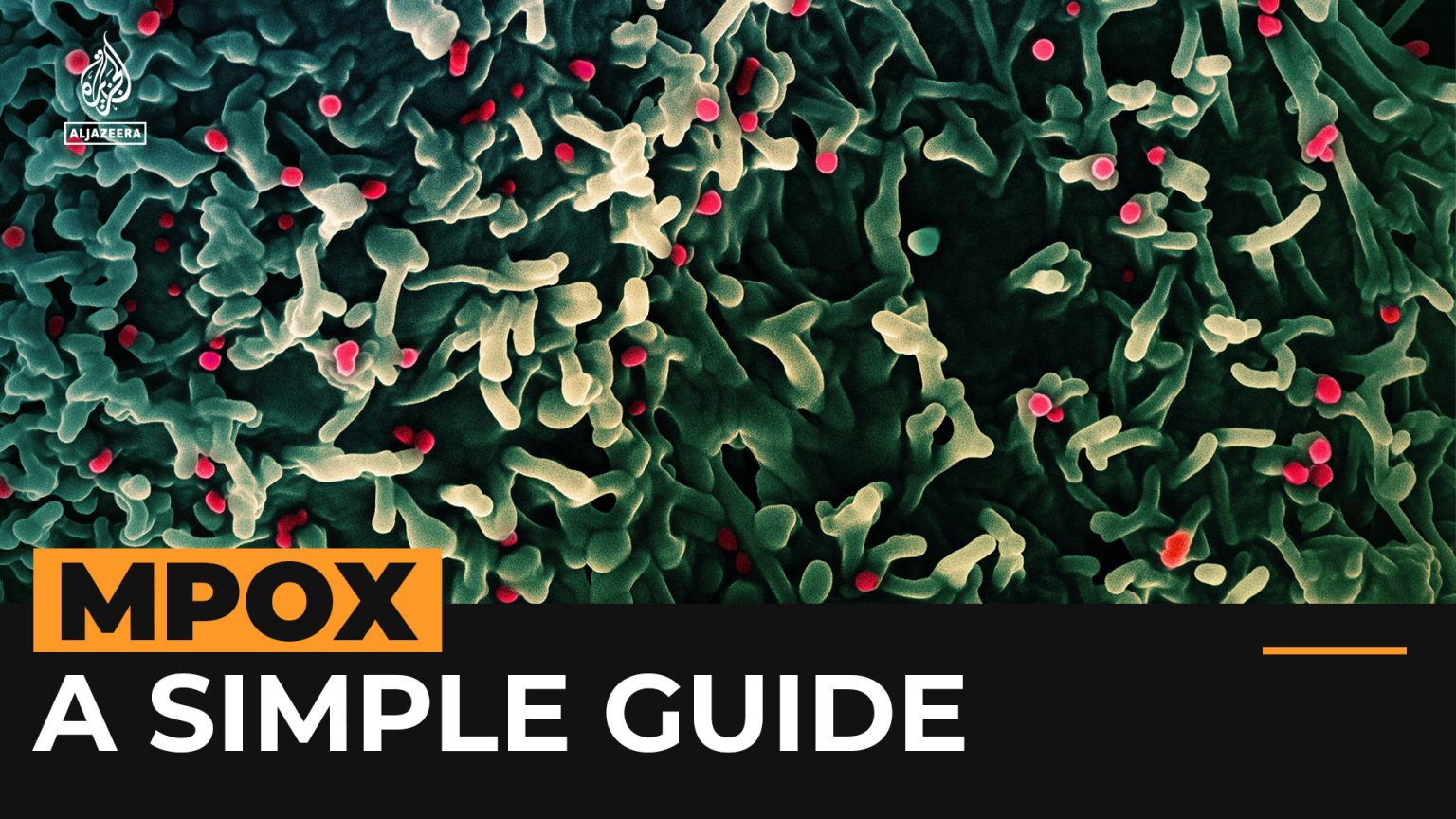MPOX, a contagious and potentially deadly virus, has been detected in at least 13 African countries and cases have also been confirmed in other continents. The Africa Centres for Disease Control and Prevention are urging people to take precautions to protect themselves from this emerging threat. While the exact source and transmission of MPOX are still being investigated, it is believed to be spread through close contact with infected individuals or contaminated surfaces. As such, it is important for people to practice good hygiene, such as frequent handwashing and avoiding close contact with sick individuals.
Symptoms of MPOX can include fever, cough, shortness of breath, and muscle aches, which may progress to more severe respiratory and neurological complications. In severe cases, the virus can be fatal, particularly among vulnerable populations such as the elderly or those with underlying health conditions. As there is currently no specific treatment for MPOX, prevention is key in stopping the spread of the virus. Health authorities are advising the public to stay informed about the latest updates on the outbreak and to follow recommended guidelines to reduce the risk of infection.
Travel restrictions and screening measures have been implemented in some countries to prevent further spread of MPOX. Additionally, public health officials are working to enhance surveillance and testing capabilities to quickly identify and isolate cases. The Africa Centres for Disease Control and Prevention is coordinating with international partners to share information and resources to address this global health threat. Efforts are also underway to develop vaccines and treatments for MPOX, although these are still in the early stages of research and development.
In light of the emergence of MPOX, individuals are advised to take proactive measures to protect themselves and their communities. This includes practicing social distancing, wearing masks in crowded or enclosed spaces, and avoiding large gatherings where the virus may easily spread. It is also essential to stay informed about the latest public health guidance and to seek medical attention if experiencing symptoms of MPOX. By working together and following recommended protocols, we can help prevent further transmission of the virus and protect the health and safety of our communities.
Global cooperation and solidarity are crucial in addressing the threat of MPOX and other emerging infectious diseases. The Africa Centres for Disease Control and Prevention is working closely with international partners, such as the World Health Organization and other agencies, to coordinate efforts in response to the outbreak. This includes sharing data and resources, providing technical assistance, and mobilizing support for countries affected by MPOX. By working together and pooling our resources, we can effectively combat the spread of the virus and mitigate its impact on public health.
As the situation with MPOX continues to evolve, it is important for individuals to remain vigilant and take necessary precautions to prevent infection. This includes practicing good hygiene, following guidelines from health authorities, and staying informed about the latest developments. By working together and supporting one another, we can overcome this global health challenge and emerge stronger and more resilient in the face of future threats. The Africa Centres for Disease Control and Prevention is committed to leading the response to MPOX and working with partners to ensure the health and well-being of all communities affected by this outbreak.













